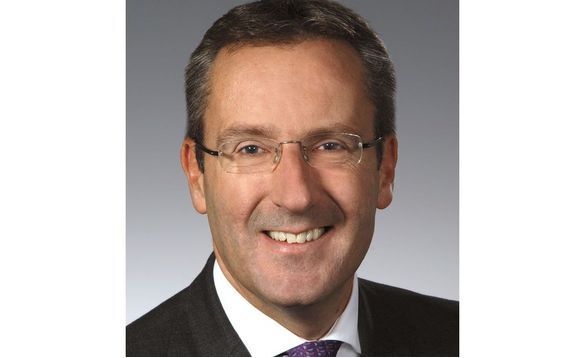
Q&A: Germany remains strong at the core

Mareen Goebel speaks to Richard Burton, PricewaterhouseCooper's private equity leader for Germany, about the challenges facing the country's private equity market in the year ahead.
Your study suggests that most private equity firms in Germany were ‘satisfied' with their portfolio performance in 2009, but this would appear counter-intuitive given the well-publicised problems many experienced. What are the reasons for this fairly benign response?
This is due to a combination of several factors. There is certainly a general reluctance to admit that there are problems in the portfolio, but also a sense of overall relief that 2009 is finally over. During the last year, the industry has expended tremendous effort to get their portfolios through the crisis, and thanks to that the biggest problems have been addressed. However, as the dust settles and visibility returns, LPs might beg to differ regarding how satisfactory the results are at this stage and, as a result, 2010 will see more informed discussions with GPs.
Is there a difference in how international private equity firms and German private equity firms responded to the crisis?
As our study points out, German private equity firms had a different set of instruments at their disposal to get their portfolio companies through the crisis. When the German government introduced short work hours (‘Kurzarbeit'), this helped many companies weather the worst. Not surprisingly, German private equity firms made use of this as a key restructuring measure, while in other countries headcount was often cut first. In reality, however, short work hours were used to cushion the blow and win time to cut headcount in a measured response, for example by moving production to Eastern Europe or China where necessary. This delay could create a problem waiting to happen: when short work hours is stopped it could cause a second wave of staff reduction if the economy does not pick up considerably.
Would you say the worst is now over? What are the key challenges for 2010?
The worst is over with regards to portfolio companies' performance, but there are still a lot of challenges ahead. In Germany, like in other European countries, an enduring source of problems is the banking sector. Most banks have postponed transactions and divestments for as long as they possibly could, but 2010 will force many banks' hands, and that trend is likely to continue into 2011. With a measure of visibility, we may start to see banks try to package those assets for sale to private equity, but at this stage, only specialists like KKR, Lone Star, Blackstone, or other firms with an investment bank capability will be able to do that kind of transaction, as it requires a lot of specialist skills.
Another key challenge is lack of deal flow. After holding back for almost two years, many funds are now at the point where they have to invest. While 2009/2010 is supposed to be a good vintage, private equity firms complain that they are not finding enough good targets, while, on the other hand, they generally do not want to sell their own companies yet. We anticipate that deal flow will pick up in the second half of the year. From our perspective, while much of 2009 was all about restructuring, we've been seeing a better balance between restructuring and transaction work since about October 2009.
There is a lot of talk in the report about regulations and the legal environment not being favourable. From your perspective is Germany getting more or less attractive for private equity investments?
When private equity investors judge Germany's prospects, the key factor is that of promising investment opportunities rather than the regulatory environment. Compared to the UK and US, Germany is a less mature private equity market and it therefore still offers great opportunities to generate attractive returns. Germany also has an enviable reputation in the industrial machinery sector, and, increasingly, technology and services sectors, and this is attractive to many international players. Moreover, the track record of funds investing in Germany is generally good, especially that of international funds acquiring carved-out businesses from corporates, whereas it tends to be the local funds that source deals from the family-owned Mittelstand.
Latest News
Stonehage Fleming raises USD 130m for largest fund to date, eyes 2024 programme
Sponsor acquired the public software group in July 2017 via the same-year vintage Partners Group Global Value 2017
Stonehage Fleming raises USD 130m for largest fund to date, eyes 2024 programme
Czech Republic-headquartered family office is targeting DACH and CEE region deals
Stonehage Fleming raises USD 130m for largest fund to date, eyes 2024 programme
Ex-Rocket Internet leader Bettina Curtze joins Swiss VC firm as partner and CFO
Stonehage Fleming raises USD 130m for largest fund to date, eyes 2024 programme
Estonia-registered VC could bolster LP base with fresh capital from funds-of-funds or pension funds








